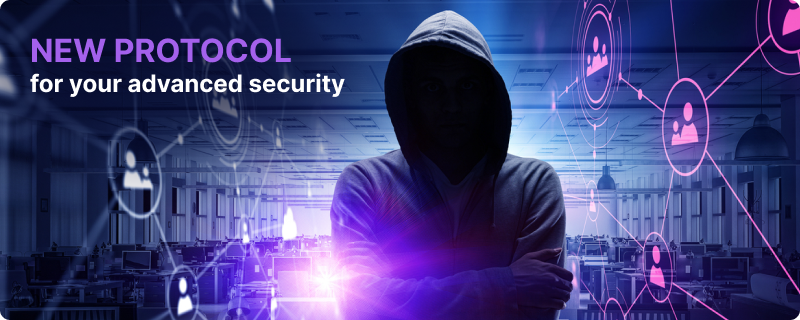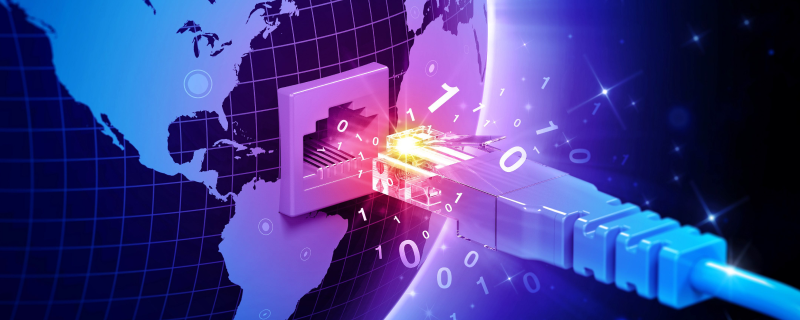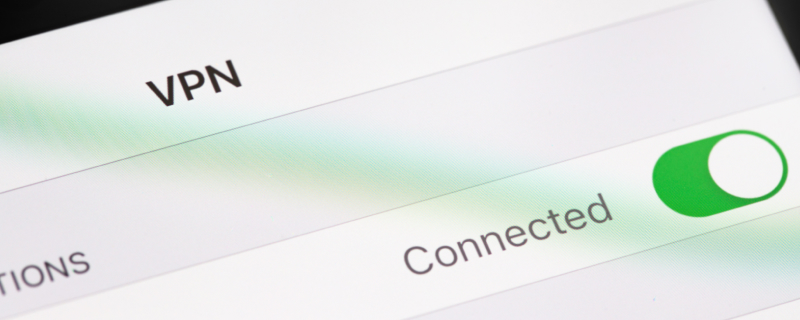
- 6 min read
- Aug 23, 2023

A Virtual Private Network (VPN) is a tool that helps protect your online privacy, enhance security, and bypass geo-restrictions. But it’s essential to understand the capabilities and limitations of a VPN to make the most of it. In this article, we’ll explore what a VPN can and can’t do, and how GnuVPN can help you achieve a safer and more open internet experience.
A VPN encrypts your internet traffic, protecting your data from hackers, government surveillance, and ISPs. GnuVPN uses robust encryption standards to ensure that your data remains private and secure while using the internet.
A VPN masks your real IP address, providing you with a new one from the VPN server you’re connected to. This helps maintain your online privacy and makes it difficult for third parties to track your online activities.
VPNs allow you to bypass geo-restrictions by connecting to servers in different countries, granting you access to content that may not be available in your region. GnuVPN offers a vast selection of servers worldwide, enabling you to access geo-blocked websites, streaming services, and more.
By connecting to a VPN server, you can bypass internet censorship and surveillance imposed by governments or ISPs. GnuVPN helps you maintain your online freedom and access blocked websites, social media platforms, and other services.
While a VPN significantly enhances your online privacy, it can’t make you completely anonymous. VPN providers like GnuVPN have strict no-logs policies, but it’s essential to remember that absolute online anonymity is challenging to achieve.
A VPN encrypts your data and hides your IP address but does not protect you from malware or phishing attacks. To stay safe from such threats, it’s crucial to use antivirus software, enable firewalls, and practice good online security habits alongside your VPN.
VPNs can sometimes improve your connection speeds by bypassing ISP throttling or by connecting you to less congested servers. However, a VPN typically adds encryption overhead and latency, which may result in slightly slower speeds. GnuVPN focuses on providing a balance of security and performance to minimize the impact on connection speeds.
Using a VPN is a significant step towards protecting your online privacy, but it’s not a one-stop solution. To further enhance your privacy, consider using additional tools like privacy-focused web browsers, ad-blockers, and encrypted email services.
Understanding the capabilities and limitations of a VPN is essential for making the most of your online experience. GnuVPN provides a robust solution for enhancing your online privacy, security, and freedom, but it’s crucial to remember that a VPN is just one piece of the puzzle. By using GnuVPN in combination with other security tools and practices, you can enjoy a safer and more open internet experience.



